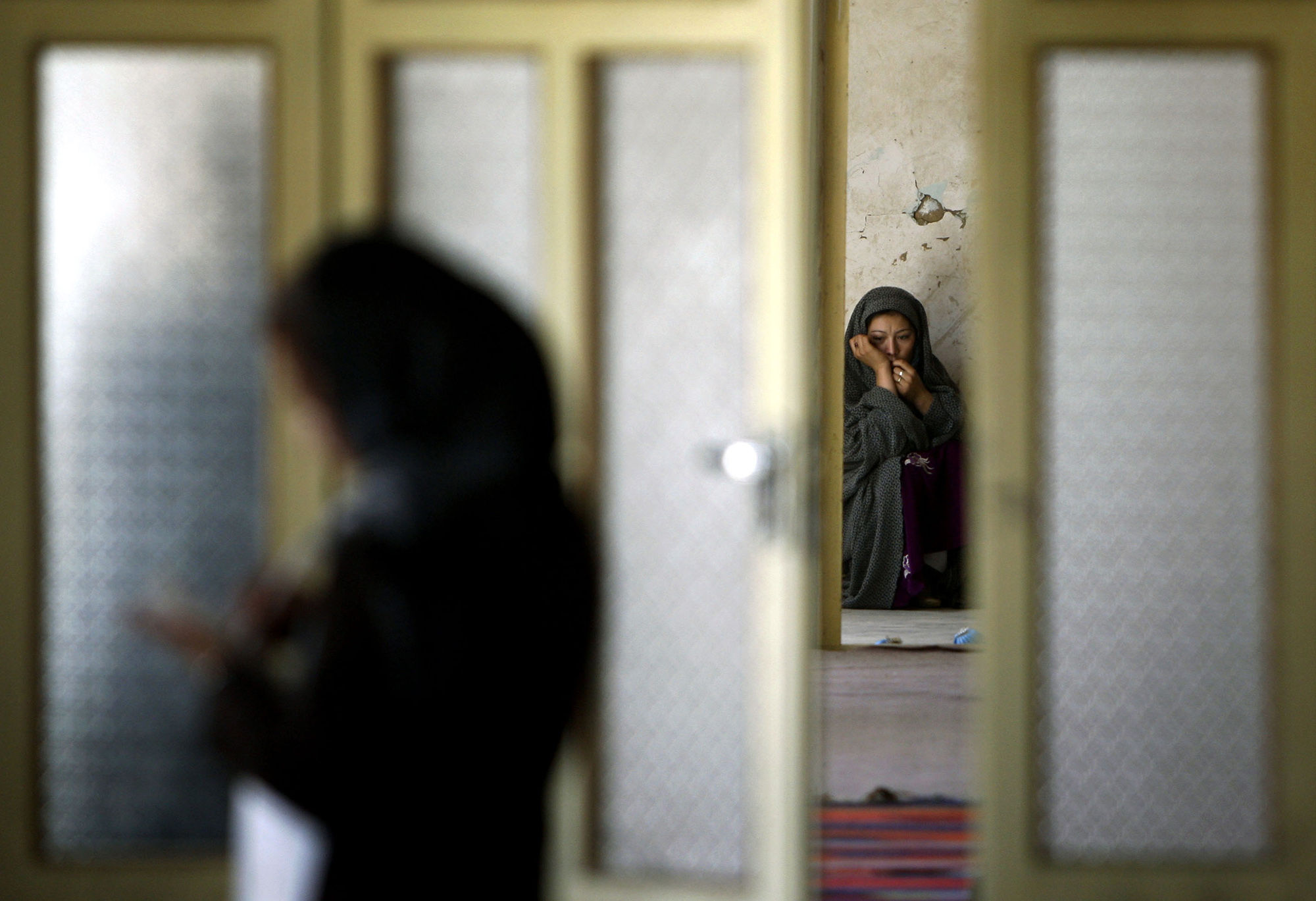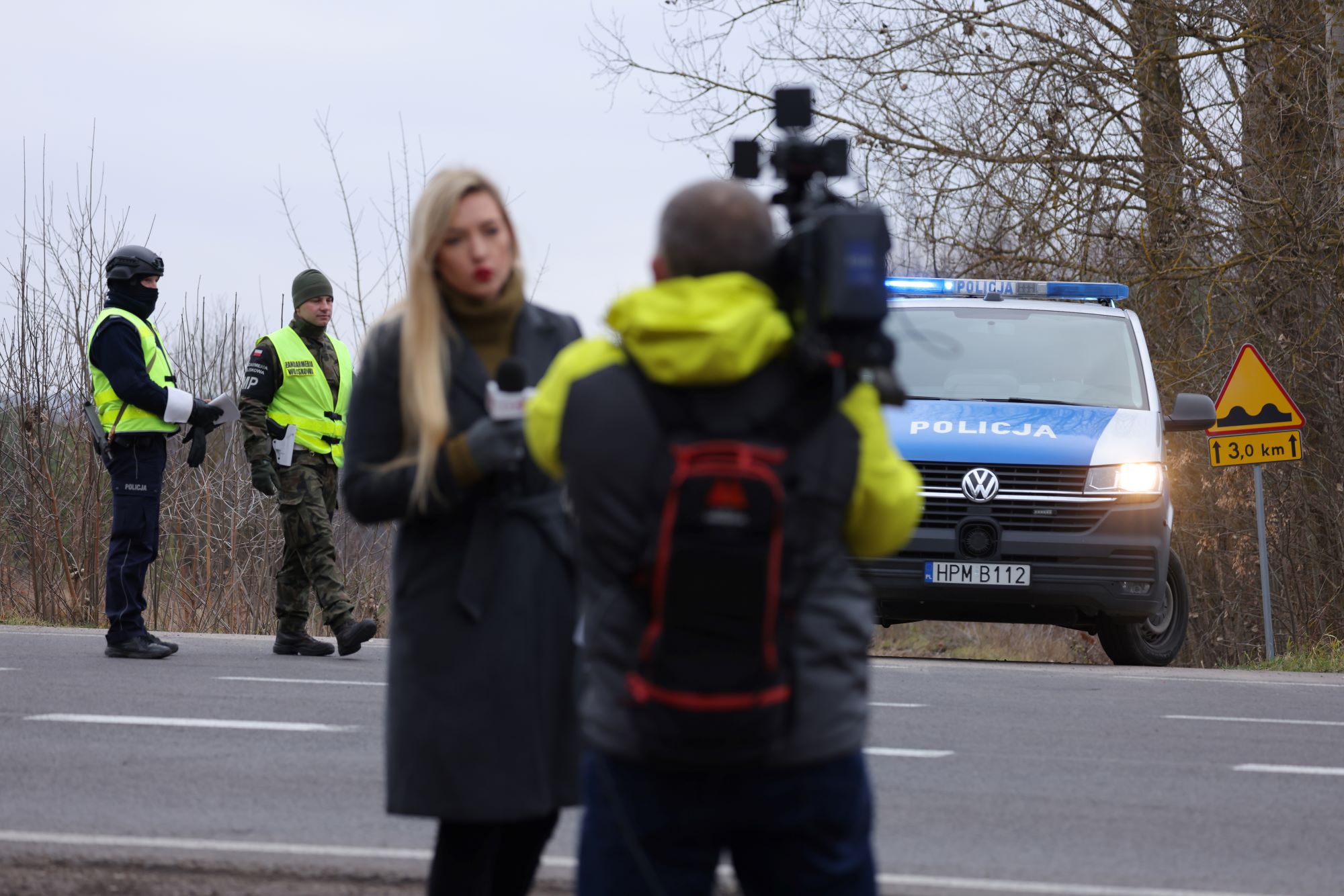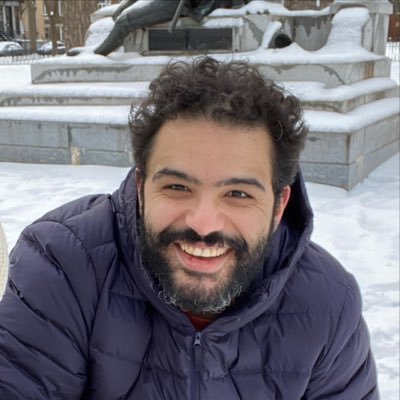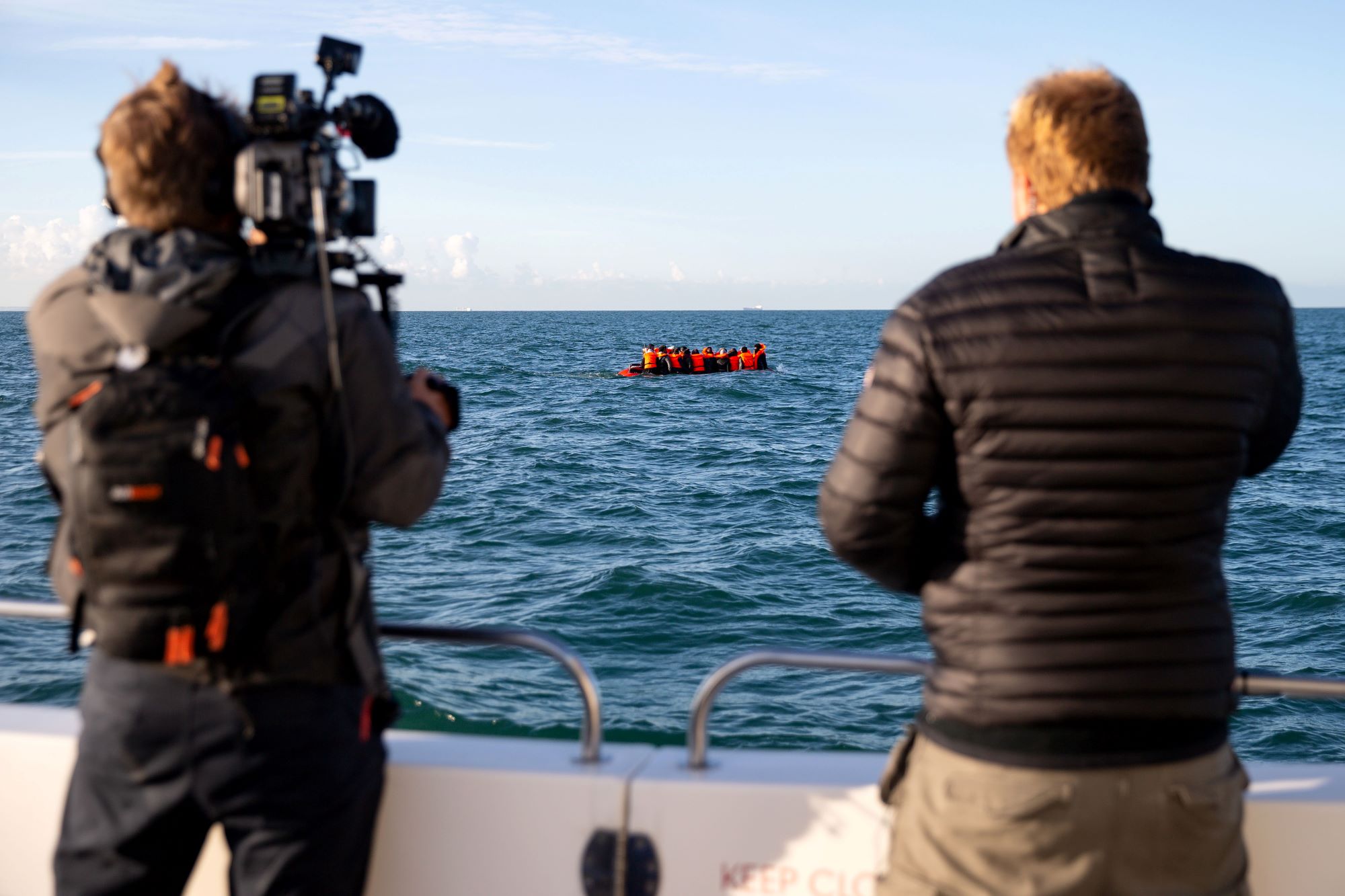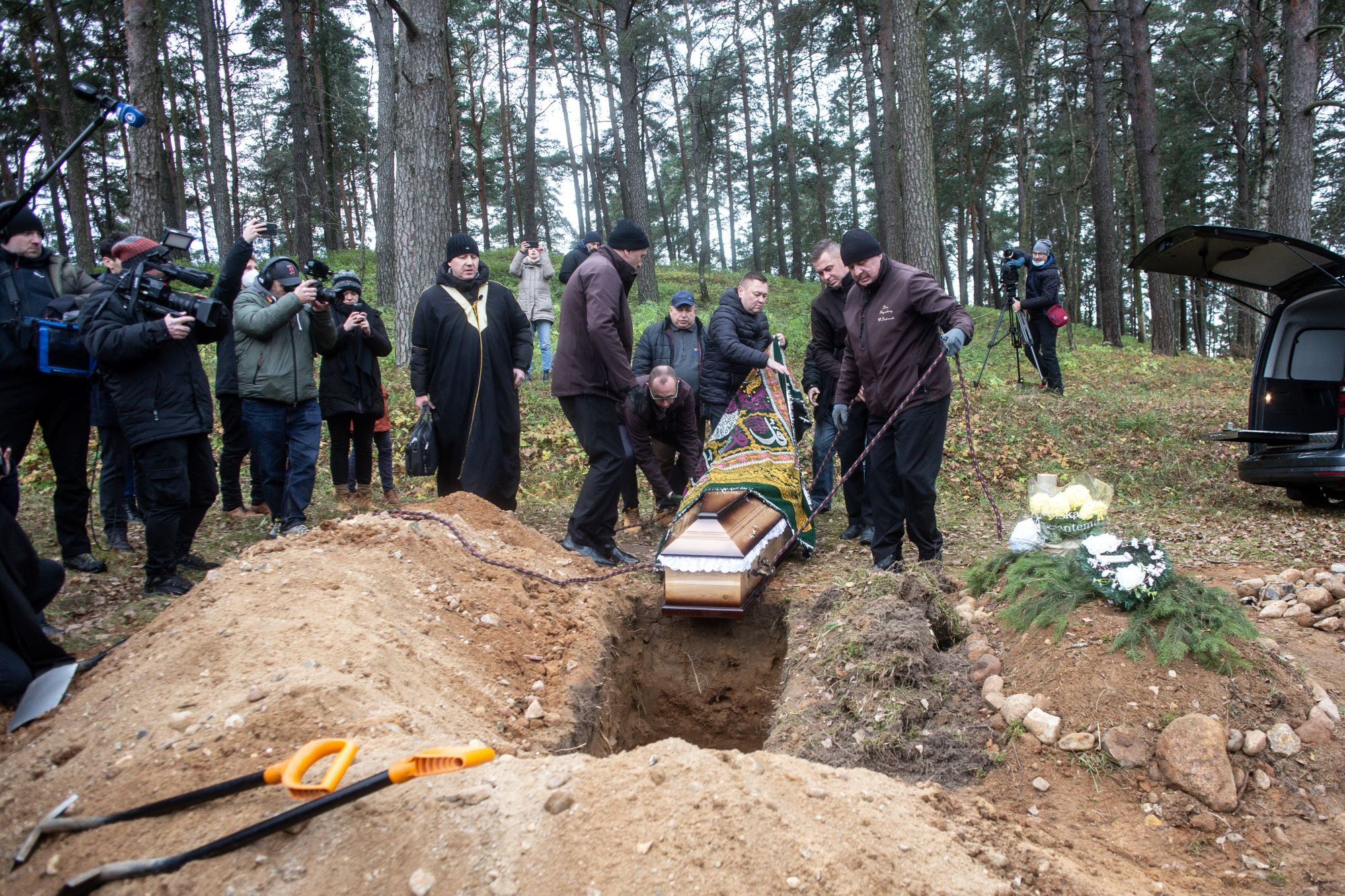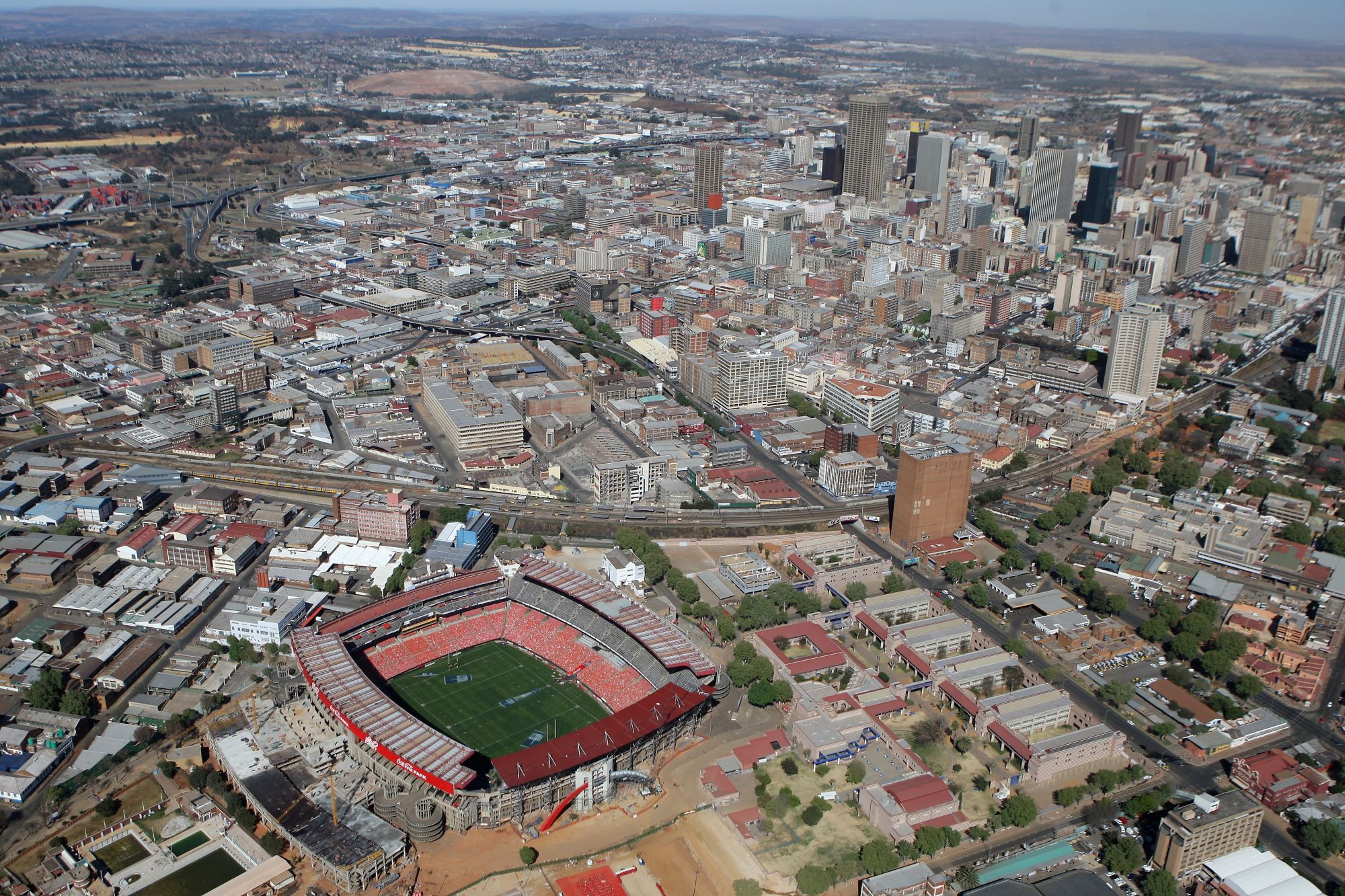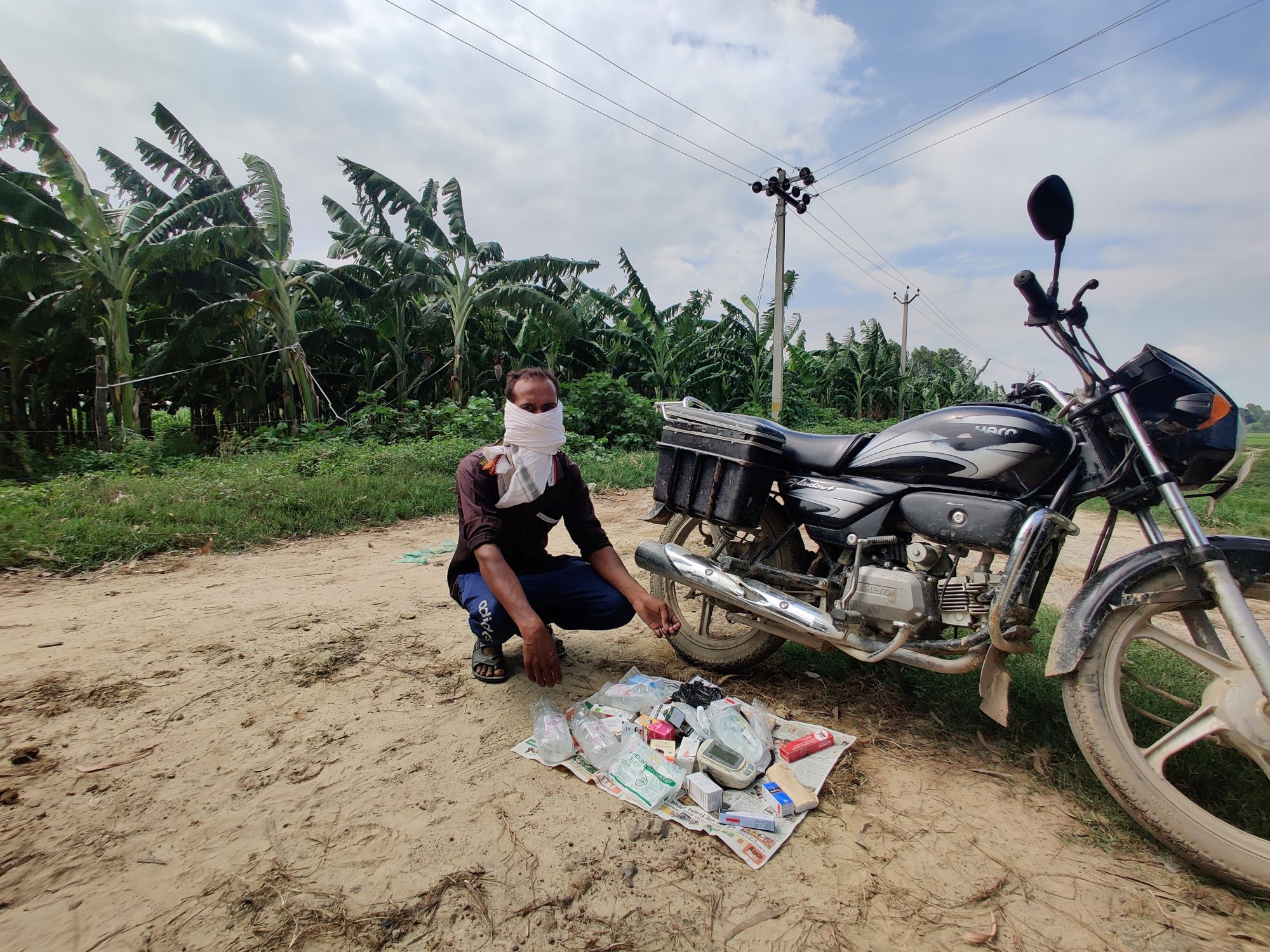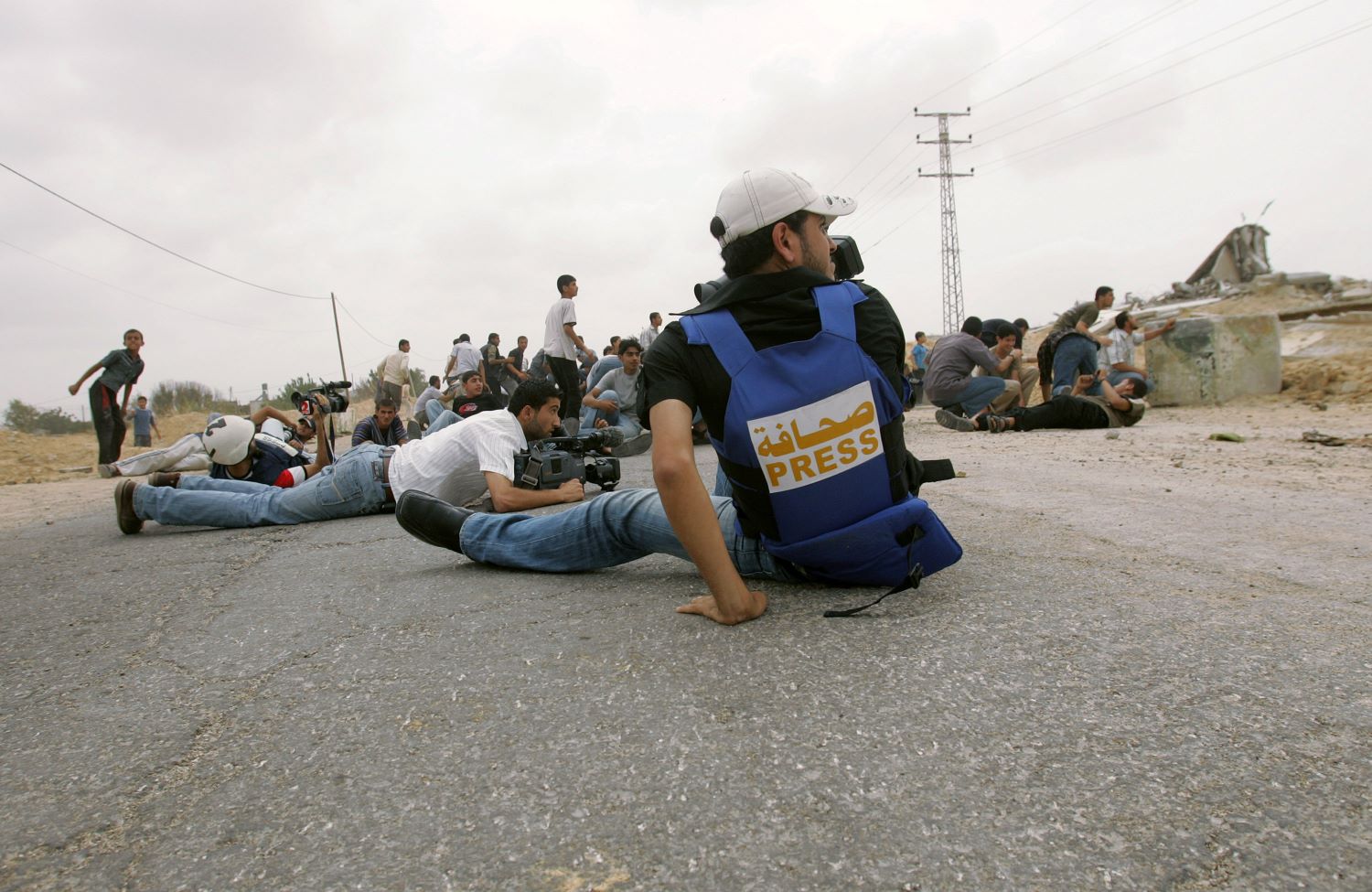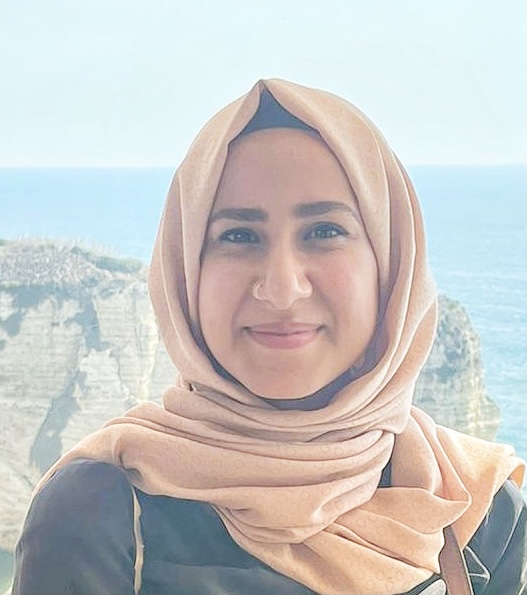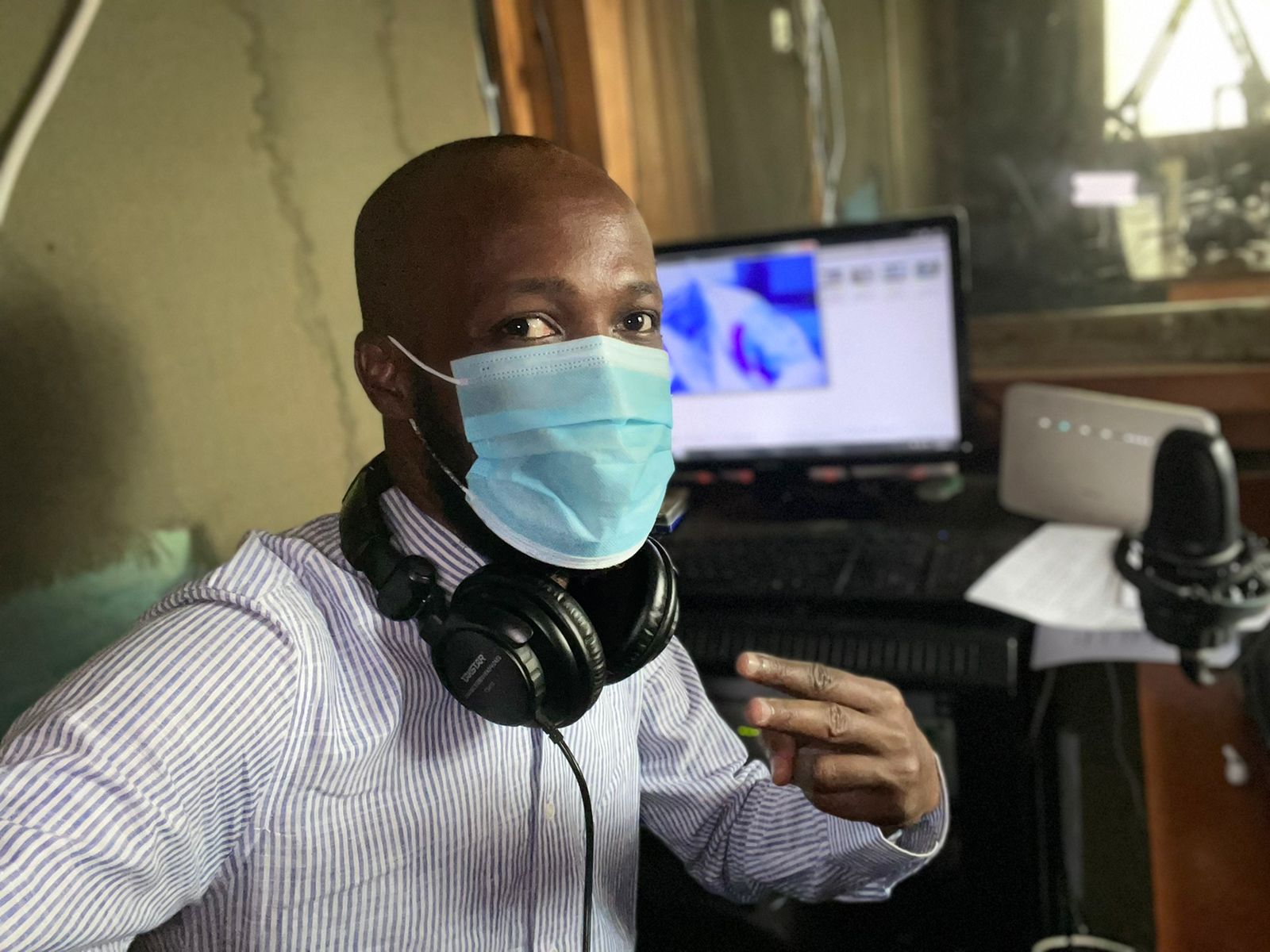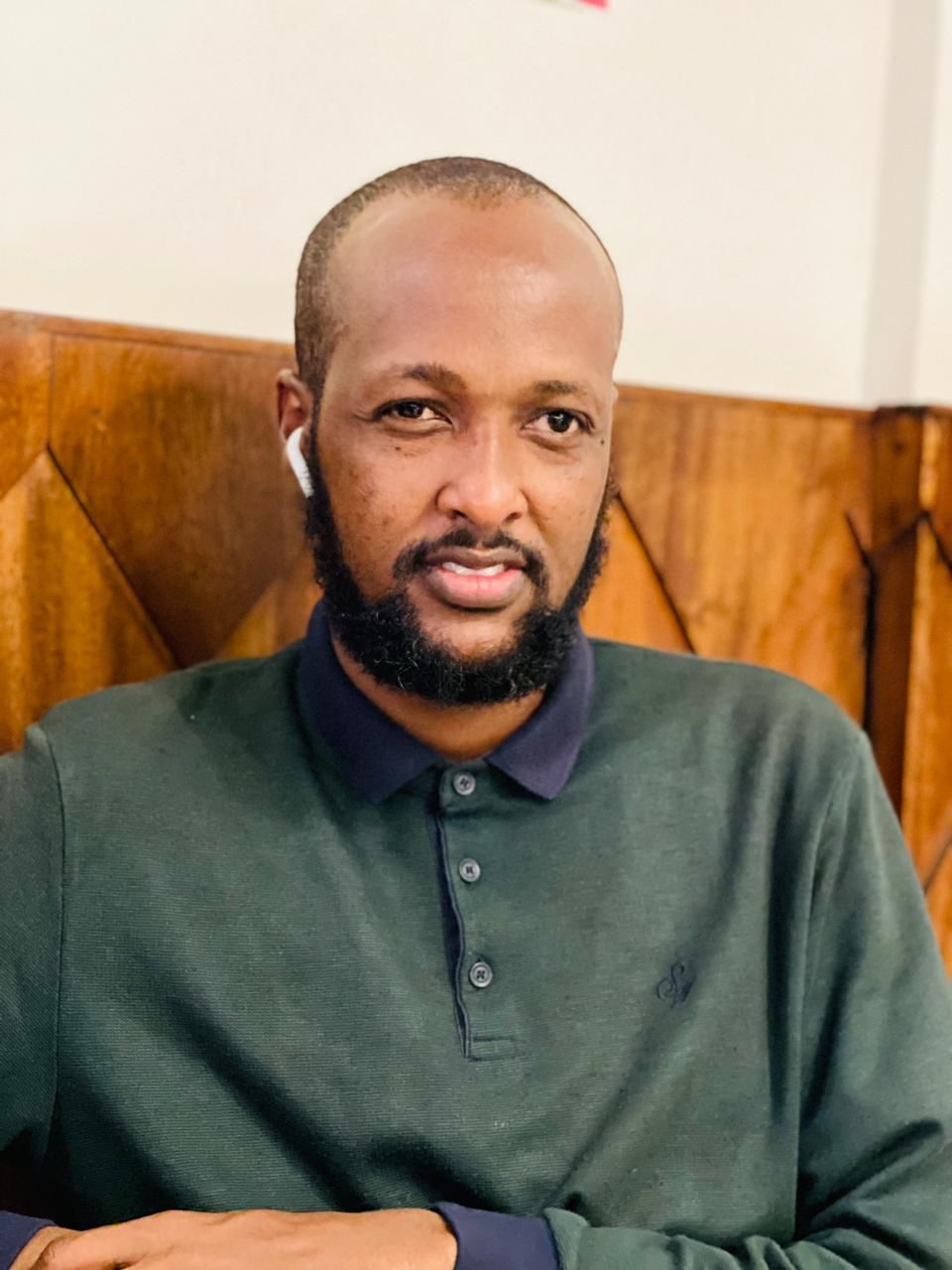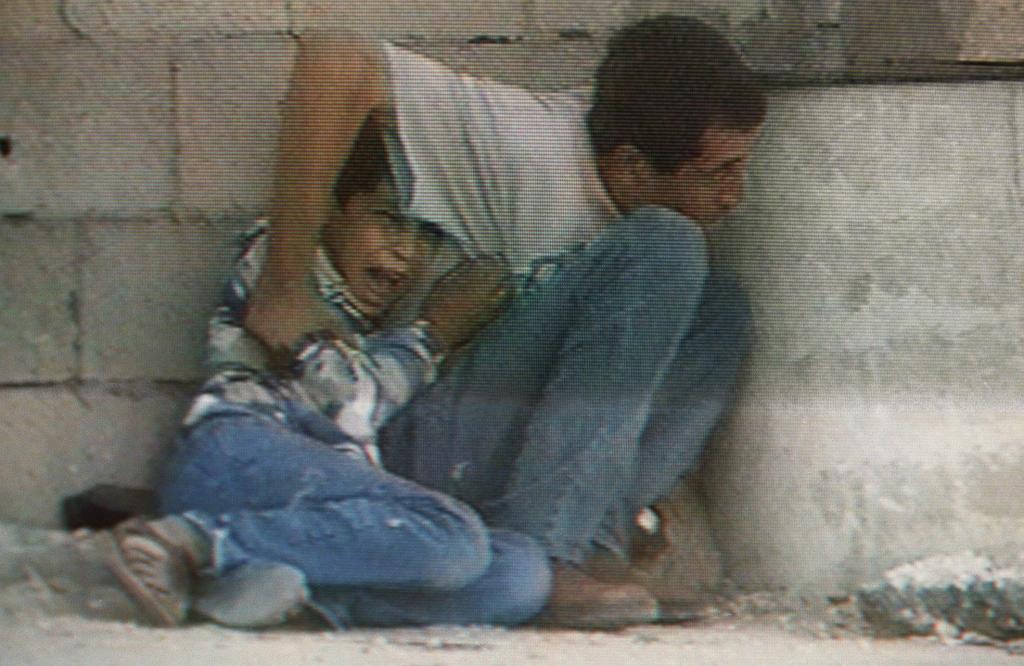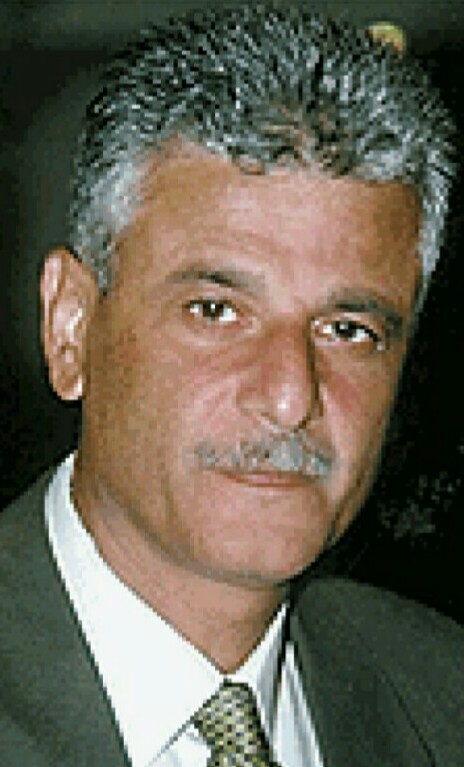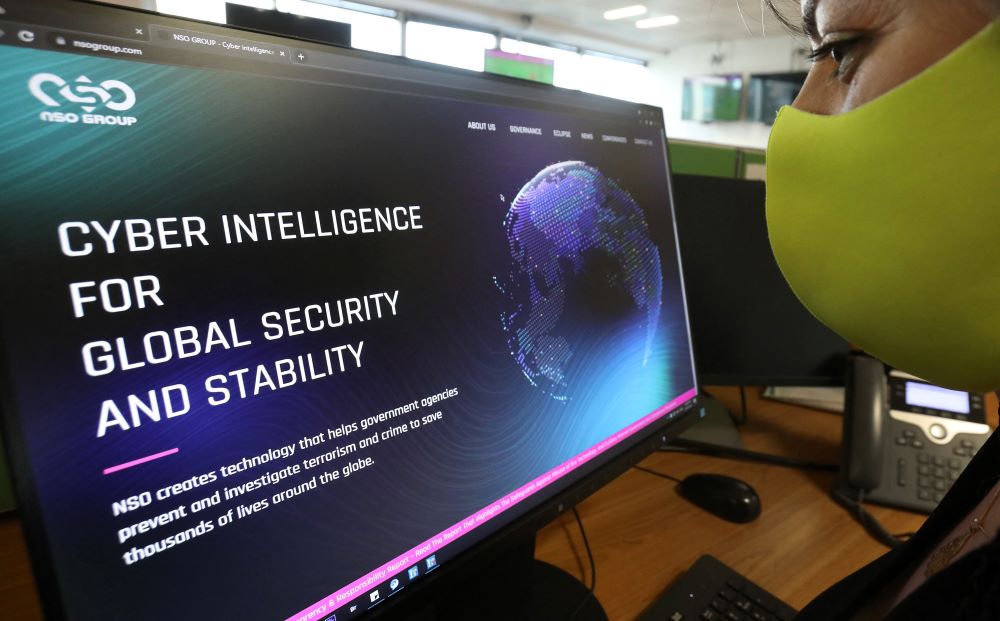Al Jazeera Journalism Review
‘It was a black day for all women journalists’ - supporting our Afghan sisters
THE LONG READ: How women journalists in India are coming together in solidarity with female reporters and media workers in Afghanistan following the Taliban takeover.
Planning and pitching refugee stories
In part three of our series on covering refugee stories, we look at best practice when it comes to planning and pitching to editors.
Why language matters when we report refugee stories
As tragedy strikes in the English Channel and the refugee crisis mounts at the Polish border, we examine why it is so important to use the correct language when covering refugee stories. Part two of our series.
How to cover refugee stories ethically
As Poland grapples with a migrant and refugee crisis at its borders, we examine best practice for journalists covering refugee stories. Part one of our series.
Reporter’s Notebook – memoirs of an illegal journalist in South Africa
From working shifts in a casino to interviewing a farmer mauled by a tiger - life as a struggling Zimbabwean reporter.
Verifying video - how to spot the fakes
It's often seemingly impossible to tell what's fake and what's not on social media. We look at the tools journalists can use to verify video sourced online. How can you spot fake videos from hate groups to terrorist organisations on social media? Is it even possible? What tools can you use to verify the authenticity of these videos?
Digital Sherlocks: Open-source investigation and news verification during wartime
THE LONG READ: From proving the existence of a seven-year-old girl in Syria to fact-checking locations of aerial bombings, how do you verify ‘open-source’ information in a war zone?
A wall of silence - investigating ‘quacks’ in India
REPORTER'S NOTEBOOK: ‘Quacks’ - illegal, non-registered healers - are a subject worthy of scrutiny by the media in India. But what do you do when the communities they operate in don’t want you to talk about it?
Palestine underground: A new face for local radio
THE LONG READ: How Palestine’s Radio Alhara is taking a grassroots approach to shaping a new landscape for protest, culture and local journalism online.
'They called me a traitor' - tales of a local freelance journalist in Yemen
Very few international journalists are currently based in Yemen because it is simply too dangerous to go there. Local - often freelance - reporters have continued to tell the stories of the human suffering there, however, and are facing greater dangers from militias than ever before. Our writer explains how he had to change the way he did his job, just to survive.
‘I became a journalist because we need to be heard’ - telling the stories of Palestine
THE LONG READ: Many journalists in Palestine only entered the profession through a need to make their suffering known to the world. So what does it take to tell stories of tragedy and personal loss to which you yourself are deeply connected while maintaining objectivity?
Reporter’s Notebook - covering crisis in Lebanon
Lebanon has undergone a seismic economic collapse triggered by the financial crisis and compounded by last year’s shocking port explosion in Beirut. Al Jazeera.com’s correspondent describes what it has been like to cover the ongoing story.
Radio Gargaar - grassroots broadcasting to refugees in Kenya
REPORTER'S NOTEBOOK: What it’s like to host a radio show in the Dadaab refugee camp, situated in one of the world’s most overlooked regions, during a global pandemic.
Witnessing the killing of Muhammad al-Durrah in Gaza - the cameraman's tale
Twenty-one years ago, a video of a 12-year-old boy being killed in Gaza reverberated around the world. Talal Abu Rahma, the cameraman who shot the video, described that day.
Have you been hacked? - What Pegasus spyware revelations mean for journalists
How to protect yourself following the news that sophisticated spyware has been used to hack the smartphones of journalists, activists and politicians around the world.
